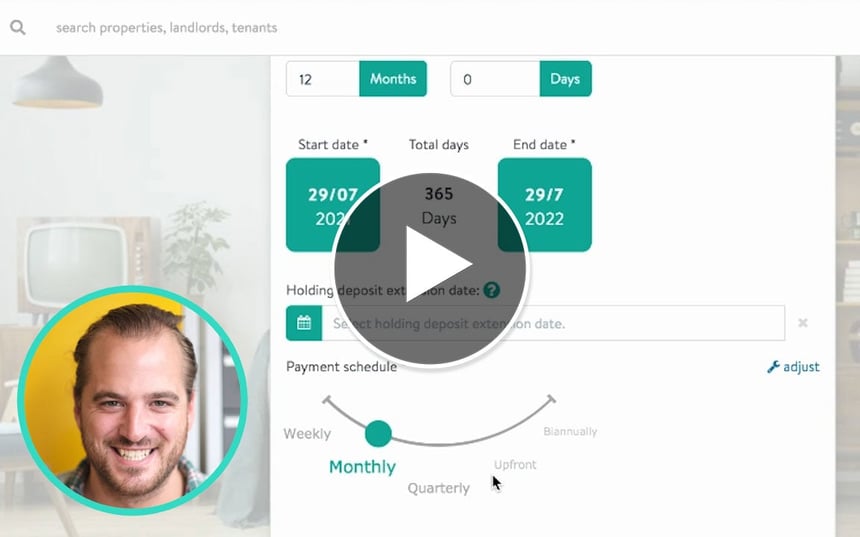THE LATEST NEWS, VIEWS AND DATA FROM THE LETTINGS INDUSTRY
Trending now
Sign up to our newsletter
The latest news, views and data from the lettings industry
Keep up to date with our articles - subscribe to our newsletter now and never miss out.
Insights
Latest average rents
January
February
March
North West
£959
£948
£935
North East
£846
£855
£851
West Midlands
£956
£934
£962
East Midlands
£980
£992
£962
South West
£1172
£1174
£1169
South East
£1283
£1293
£1286
London
£1972
£1941
£1954
England average
£1167
£1162
£1160
Compliance
Business
Landlords
Goodlord Responds to Greater Manchester Good Landlord Charter
Your guide to the Scottish rent cap and moratorium on evictions
Cost of living
17.04.2023
PODCAST: Welsh lettings legislation update: Renting Homes (Wales) Act, EPC ratings, and more - with Ricky Purdy
UPDATE: Your guide to the energy price guarantee and equivalent business support
PODCAST: Welsh lettings update: Renting Homes (Wales) Act 2016 and more - with Dawsons
Featured contributors
5 ways the government plans to crack down on rogue landlords
By The Goodlord team

Five Gold Hints for Letting Agents over christmas
By The Goodlord team

Does the deposit cover unpaid utility bills if my tenant does not pay them?
By Tenancy Deposit Scheme

Sean Hooker: What's the impact of the EPC U-turn for agents, landlords, and tenants?
By Sean Hooker











.png)
-4.png)
